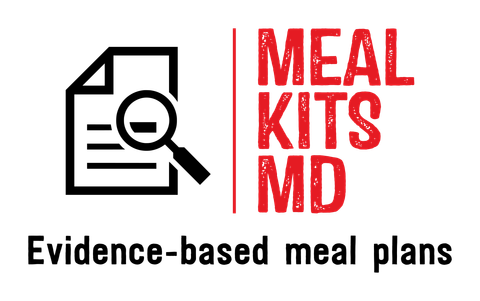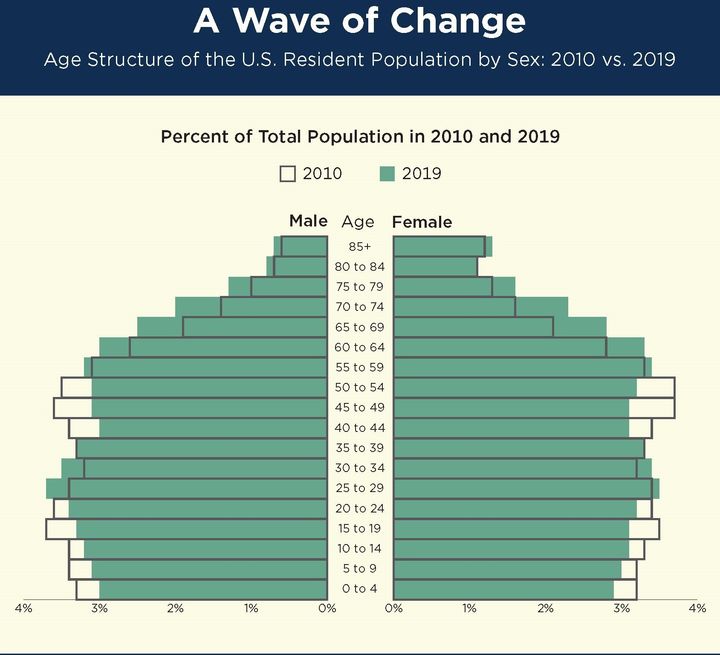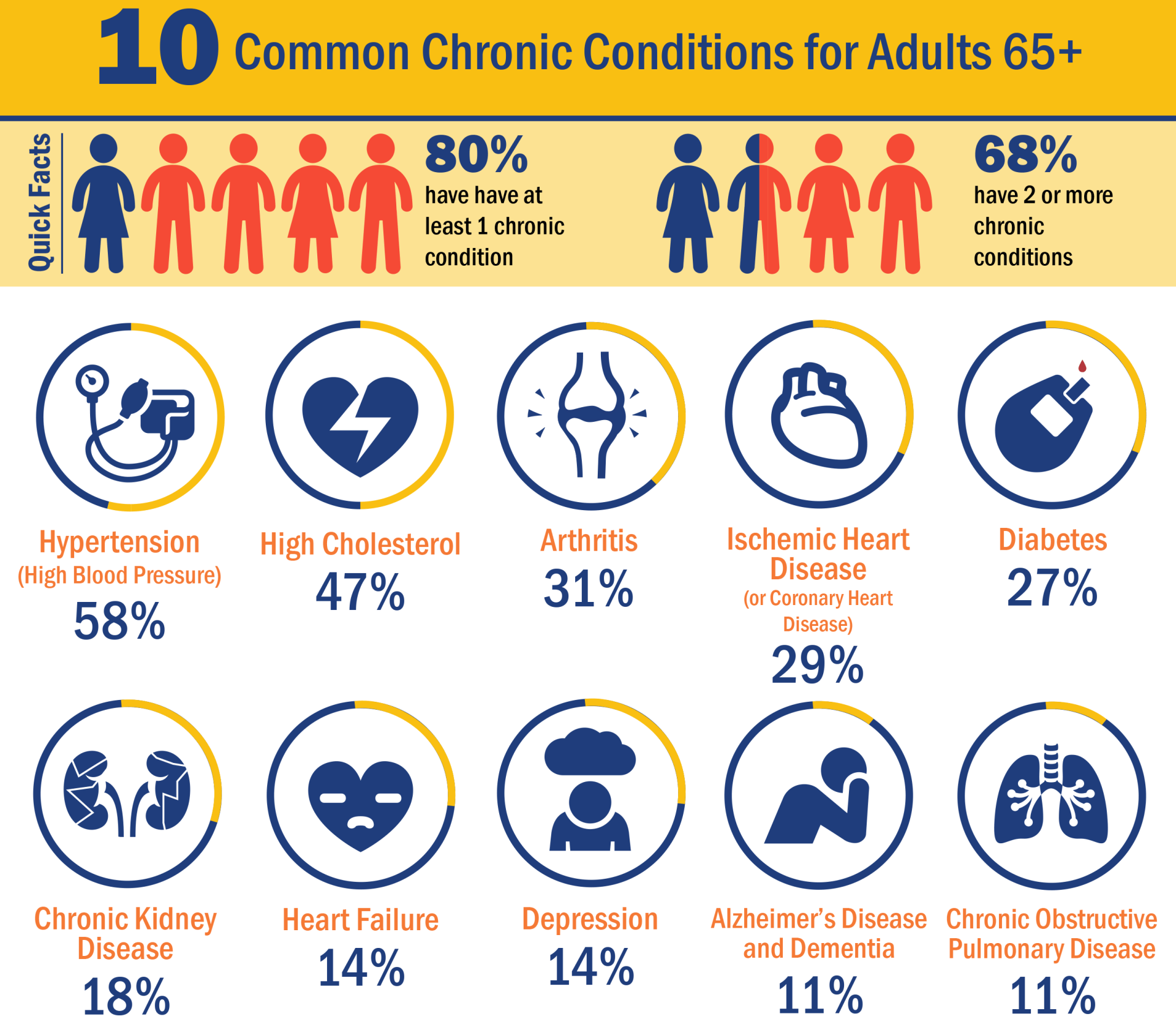
About
About Us
Introduction
The Problems
01
Lack of time
With decreasing amount of reimbursement, there is increased pressure on healthcare providers to see more patients leaving less time for thoughtful creation of personalized diet plans. Additionally, many patients also do not have the time or resources ( i.e. financial) to implement an optimal dietary plan
02
Poor dietary compliance and patient education
As a result, patients' chronic medical problems are given less priority to address more acute issues
03
Sub-optimal execution
Combination of healthcare providers lacking the time to educate patients, patients incomplete understanding of the necessary dietary interventions, and overall lack of patient time or resources leads to dietary noncompliance
04
Adverse patient outcomes
Increased risk of developing complications of their chronic medical disease leading to increased mortality and decreased quality of life
05
Increased health costs
Dietary noncompliance nullifies any pharmaceutical interventions resulting in increased number of emergency room visits and/or hospitalizations
The Problem by the Numbers
Facts and Figures
133 million Americans with chronic medical disorders
A Changing Aging Population
Disproportionate Healthcare Costs
The Solutions
Decreasing the burden on the patient and healthcare provider
Optimize
Why Us
Who We Are
We have both the education and experience to develop a platform to address the problems the problems associated with dietary non-compliance



